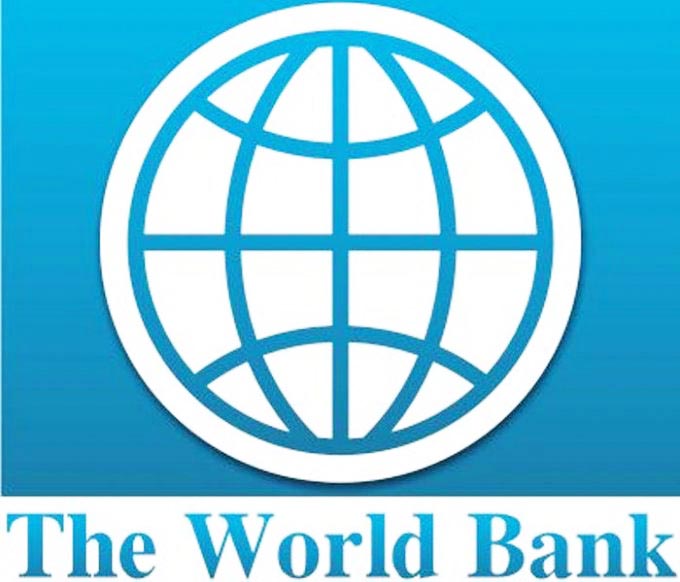The World Bank’s Board of Executive Directors has approved financing of US$44 million for the Guyana Strengthening Human Capital through Education Project.
The World Bank on Friday announced that the project will focus on expanding access to quality education at the secondary level, as well as improving technical and vocational training (TVET) to meet the needs of the labour market. The funding is intended to prepare Guyanese citizens to excel in emerging sectors of the economy including climateresilient agriculture, low-carbon technology, and digital development.
In a press release, the World Bank said activities under the project are expected to benefit at least 60,744 students and 2,128 teachers and principals at the secondary level. At the TVET level, a minimum of 600 students and 140 secondary and post-secondary TVET trainers will benefit, it added.
The project will support the piloting and the rollout of a new curriculum for grades 7-9, which emphasizes environmental stewardship and climate change, integrated into social studies and science for grades 7 and 9. The project will also fund textbooks for grades 7-11 to support the rollout of the new curriculum and the urgent need for learning recovery following the pandemic.
Increased support for teachers and principals is also anticipated under the project, including training teachers on the new curriculum and how to teach students with different needs, such as students with disabilities. Other interventions include the coaching and mentoring of teachers to support continuous professional development and the development and implementation of an instructional leadership and managerial program for principals.
Following the learning losses caused by the COVID-19 pandemic, the release said, project activities will encompass an early warning system to help teachers and principals identify and support students at risk of dropping out. General secondary schools will also be constructed or rehabilitated to improve the learning environment for students, as well as improving infrastructure, climate resilience and access to education for all students.
The project will also support technical and vocational training, which will include transferrable skills to equip students for a changing labour force, including digital competency skills, the release added.
“Guyana is investing heavily in its citizens, with education and vocational training playing a key role as the country is at a key juncture of its growth,” Diletta Doretti, World Bank Resident Representative for Guyana and Suriname, was quoted as saying in the release. “This project complements other education initiatives that the World Bank is supporting, as the government is working to ensure that more people can acquire the needed skills to benefit from the ongoing economic transformation.”





